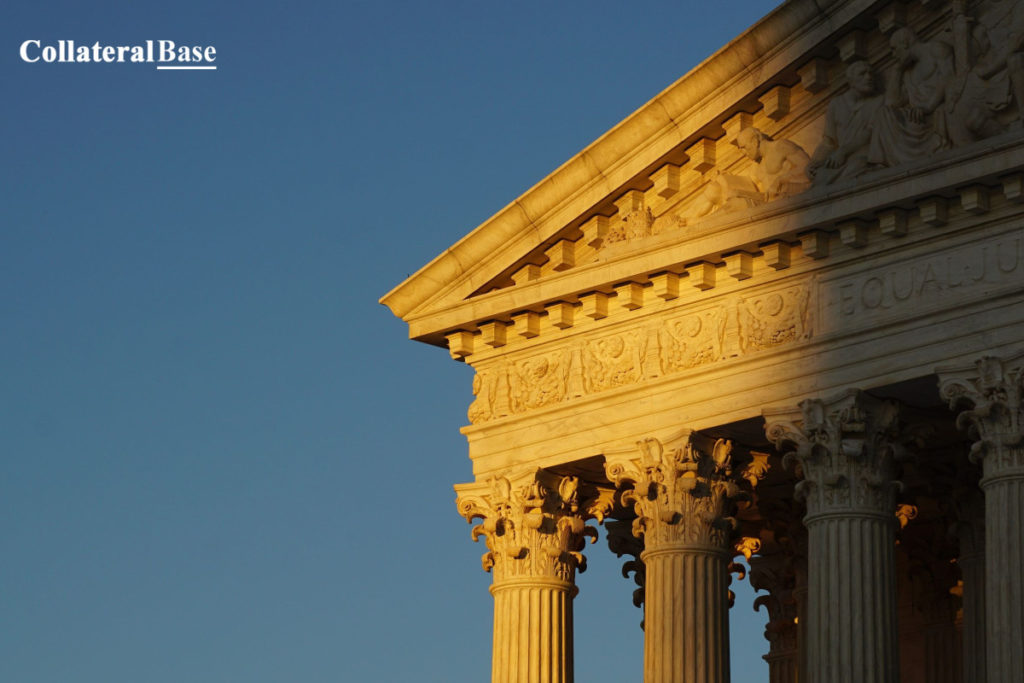How to protect your business in a lawsuit

How to protect your business in a lawsuit If you find yourself in the unfortunate position of being sued, the first thing you need to do is contact a business attorney. It’s normal to feel overwhelmed, and upset, but if you want to keep your business and its reputation intact during this time, it’s important […]
Cannabis Licenses and Due Process Protection

Cannabis Licenses and Due Process Protection A cannabis license is a legal document that allows the licensee to engage in business in the legal cannabis industry of the state for which the license was granted. Nowadays, such licenses are a highly valued commodity, with application fees costing tens of thousands of dollars, and in some […]
Fiduciary Duty Litigation

A fiduciary duty is an obligation that exists in a relationship in which one of the parties has the best interest when acting on the other party/es behalf. There are multiple types of fiduciary duties. Some examples can be the obligations between lawyers and clients; shareholders and directors; between business partners; and many others where […]
Why Do You Need a Buy Sell Agreement Lawyer

A buy-sell agreement is a legally binding contract between the owners of a business where they agree on what happens to a partner’s shares in the event of life-changing situations that may result in chaos that could potentially ruin the business and bankrupt its owners, assuring the remaining owners that the business will carry on […]
Justifiable or Reasonable Reliance Under Section 523 of the Bankruptcy Code

Was your reliance justifiable or reasonable when lending money to a dishonest debtor that. later ends up in bankruptcy. Collateral Base Attorney Tom Howard recently helped our client win a $1.8 million dollar verdict in a bankruptcy case out of the Central District of Illinois. The case, liura v. Brady (In re Brady), concerned several […]
How Do You Perfect a Security Interest in Agriculture?

A “security agreement” is defined by the Uniform Commercial Code (UCC) as “an agreement that creates or provides for a security interest.” 810 ILCS 5/9-102(a)(74). A security agreement is “effective according to its terms between the parties, against purchasers of the collateral, and against creditors.” 810 ILCS 5/9-201(a). Or, put simply, a security agreement gives […]
What to Know about Good Faith or Bad Faith – an illustrated easy guide

The implied covenant of good faith and fair dealing is implied in every contract. The implied covenant of good faith and fair dealing is what makes business work. It requires people to deal with one another fairly. Businesses and people can trust each other to enter into contracts because good faith requires them to help […]
Commercial Mortgages

Commercial Mortgage Foreclosure The main collateral for many people and businesses is the real estate it owns. A commercial mortgage is a grant of a security interest on a parcel of the business’ real estate. Commercial mortgages allow for greater rights for the bank as compared to residential mortgages, which have greater consumer protections at […]
Uniform Fraudulent Transfer Act

Effective January 1, 1990, Illinois adopted the Uniform Fraudulent Transfer Act. “The purpose of the Uniform Fraudulent Transfer Act is to prevent fraudulent transfers of property by a debtor who intends to defraud creditors by placing assets beyond their reach.” Zurich American Insurance Co. v. Personnel Staffing Group, LLC, 2018 IL App (1st) 172281, ¶18, 105 N.E.3d […]
